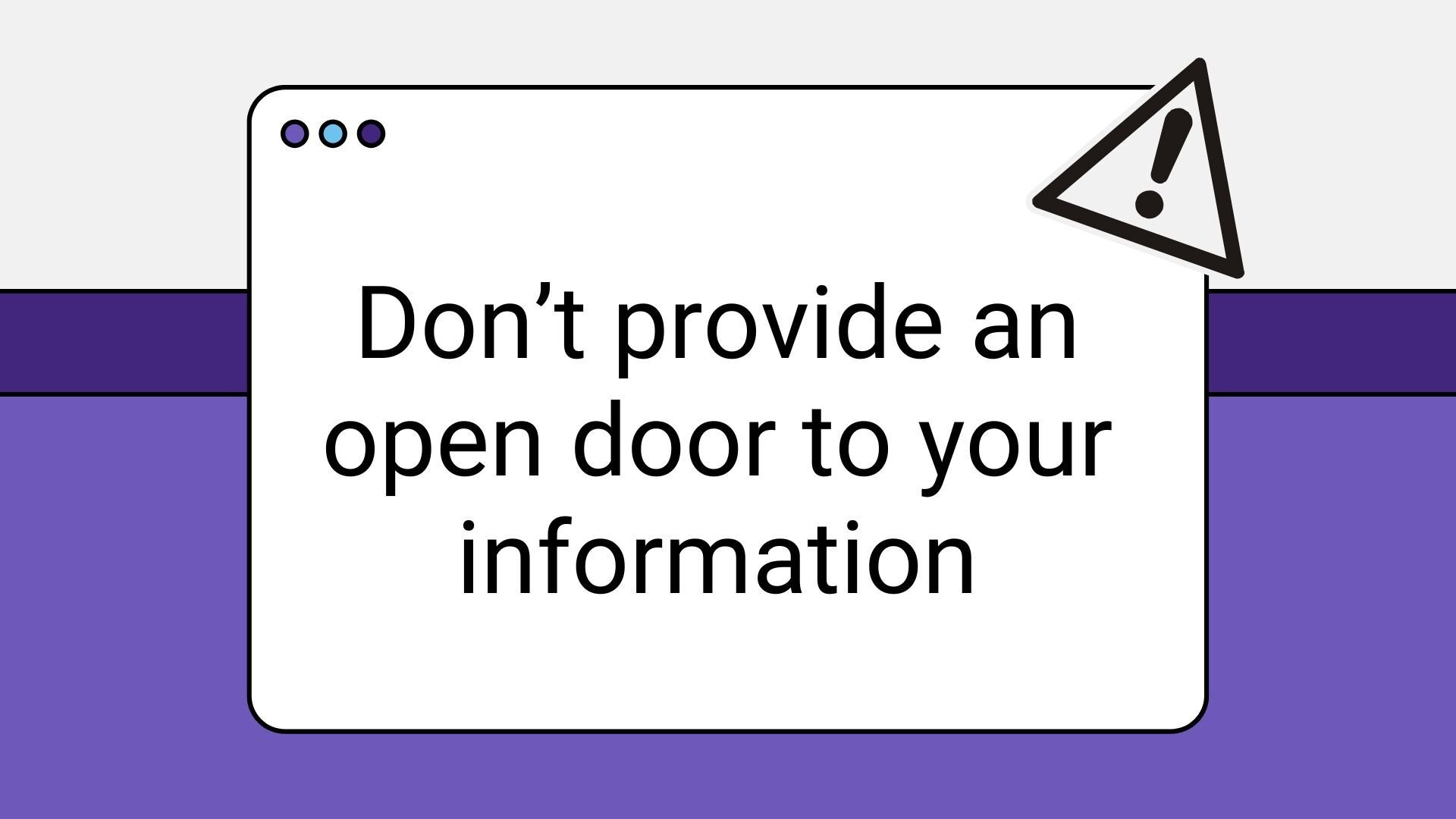
World Password Day 2025: your annual reminder that "Password123" isn't fooling anyone!
It’s that day of the year when we all collectively pretend that we'll finally create better passwords other than our pet's name followed by our birth...
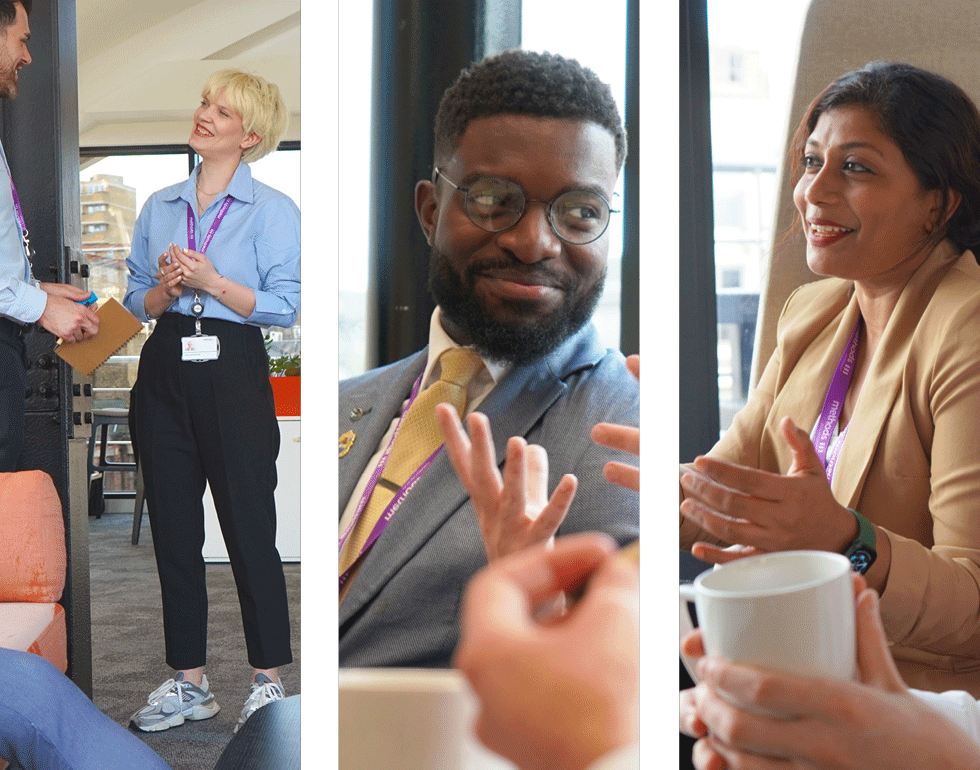
Your trusted partner in navigating the complex technological landscape
 Design
DesignOur knowledge, experience, and talent create cutting-edge solutions that unlock value and accelerate delivery
 Enable
EnableLaying foundations for resilient systems that adapt to new threats and challenges, helping organisations to thrive and succeed’
 Run
RunWe de-risk the transformation of legacy, on-premises services through our cloud accelerators, partnerships, and expertise
Crafting critical infrastructure across Programme Management, DevOps, and Managed Services that helps organisations keep pace with the ever-changing tech and data landscape
Explore our work
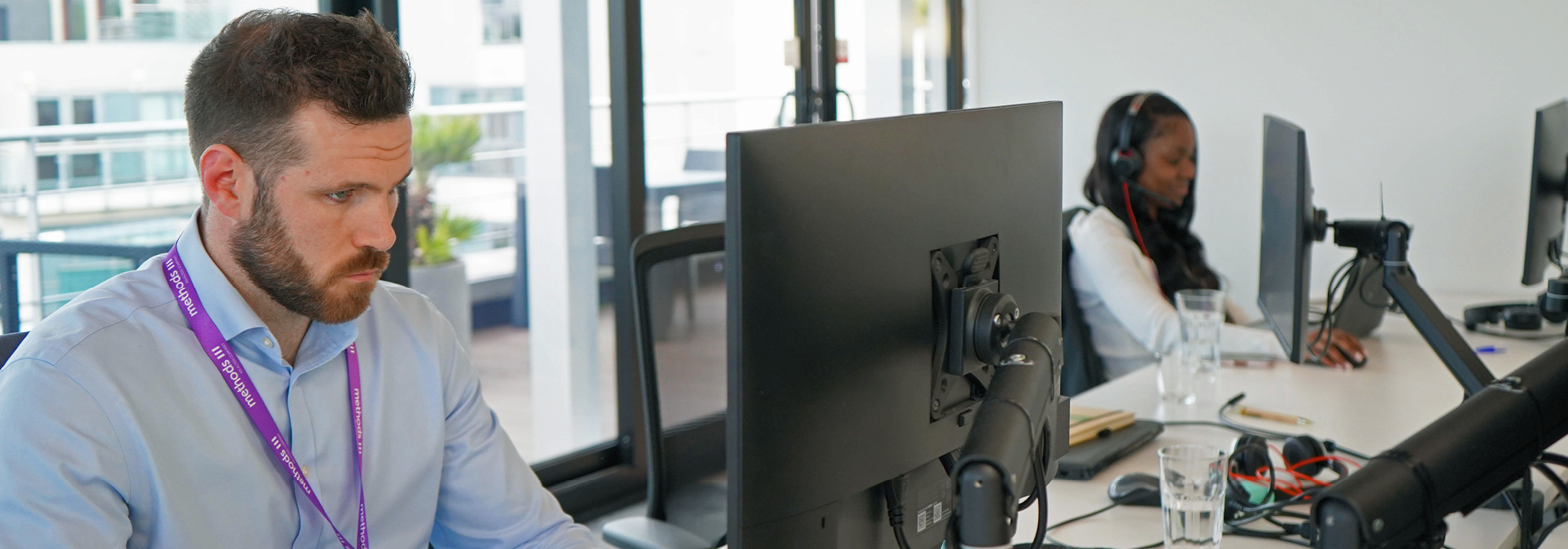
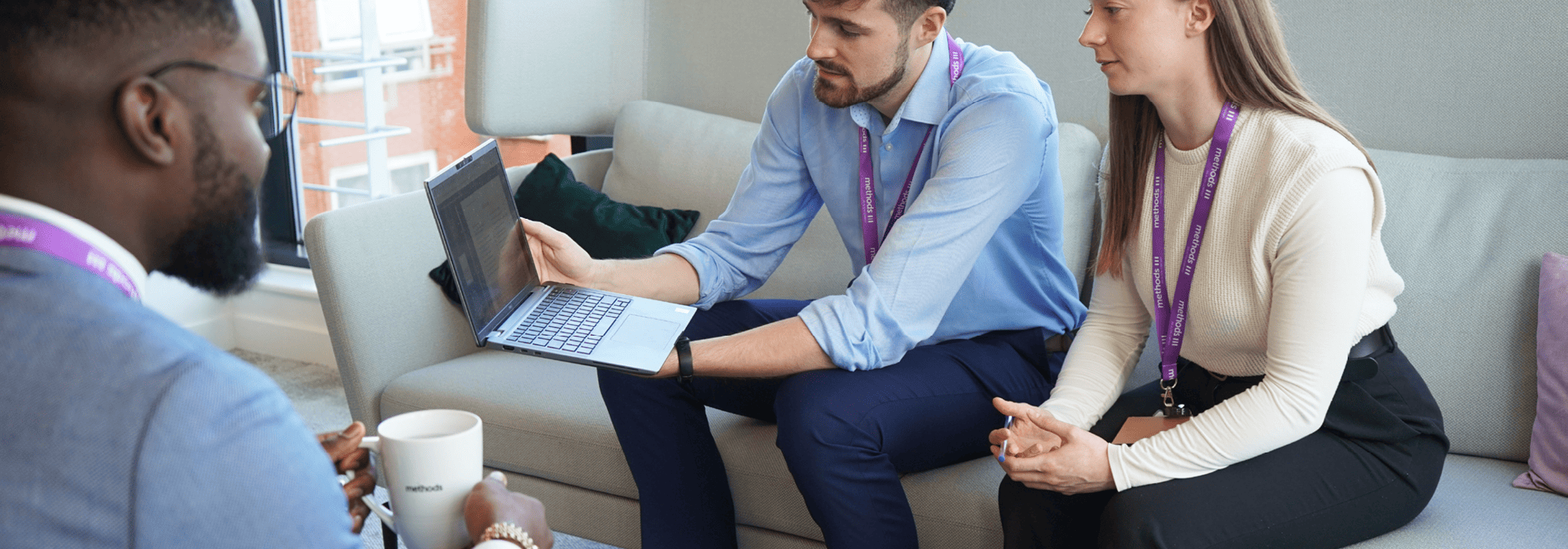

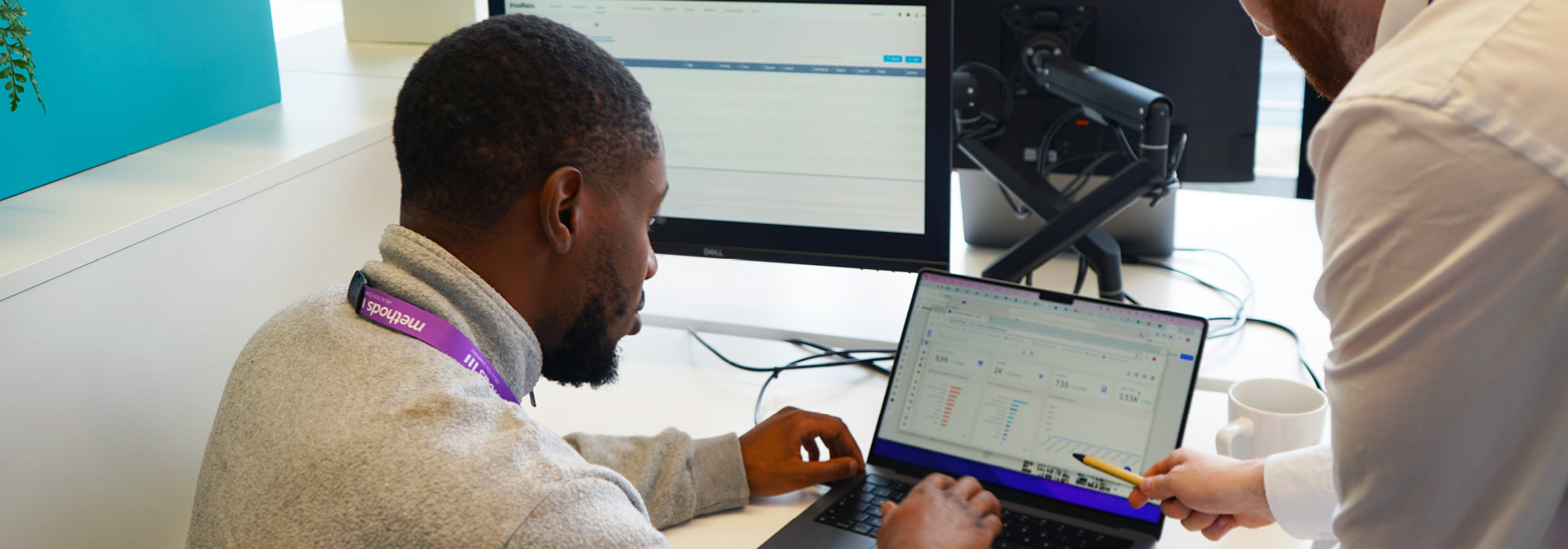
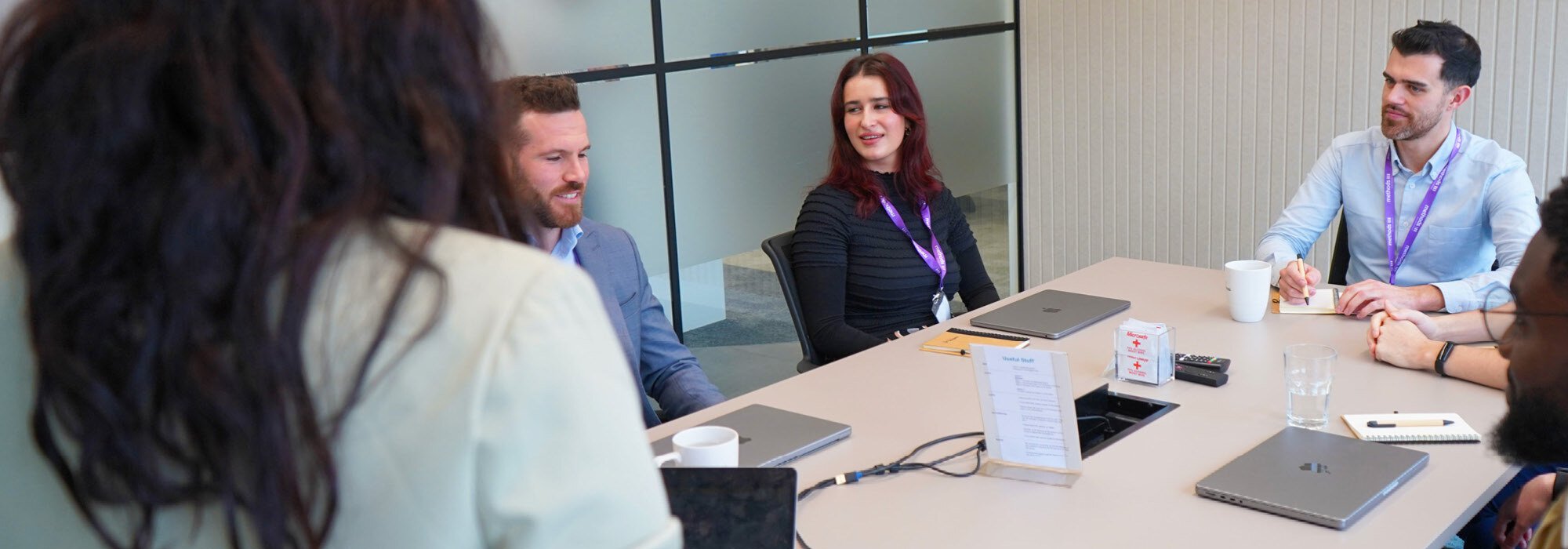
Transport Organisation
As vehicles become increasingly connected and autonomous, they become more vulnerable to attacks. As a result, cyber security needs to be considered at the earliest stages of vehicle development.
Ministry of Justice (MoJ)
By leveraging innovation, technology, and data, the MoJ aims to develop digital services that better support its key priorities and enhance access to services.
Department for Environment, Food & Rural Affairs (Defra)
Defra launched an ambitious proof-of-concept to explore how government can integrate natural capital approaches into decision making for the marine environment.
Department of Health and Social Care (DHSC)
The existing arrangements for death certification were confusing, provided inadequate safeguards, and there was no mechanism that allowed the NHS to see patterns, take action, and learn from them.
the Department for Education (DfE)
We have worked with The Education and Skills Funding Agency since 2019 to design and develop the new T Levels qualification that launched in September 2020, as well as continuing to support the development of the service.
Our latest insights

It’s that day of the year when we all collectively pretend that we'll finally create better passwords other than our pet's name followed by our birth...
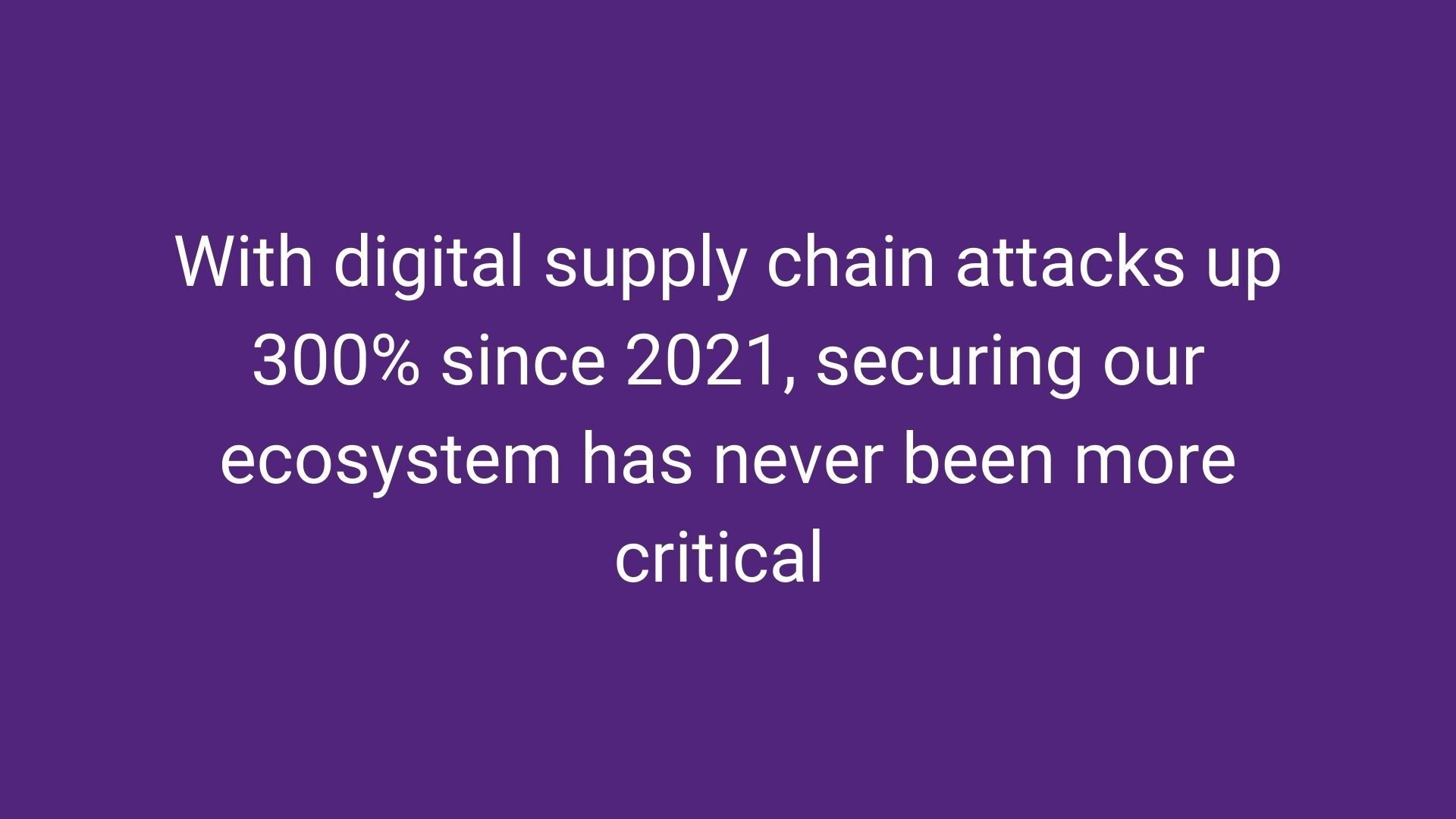
As technology becomes increasingly integral to our operations, we must acknowledge the growing complexity of our digital supply chains.
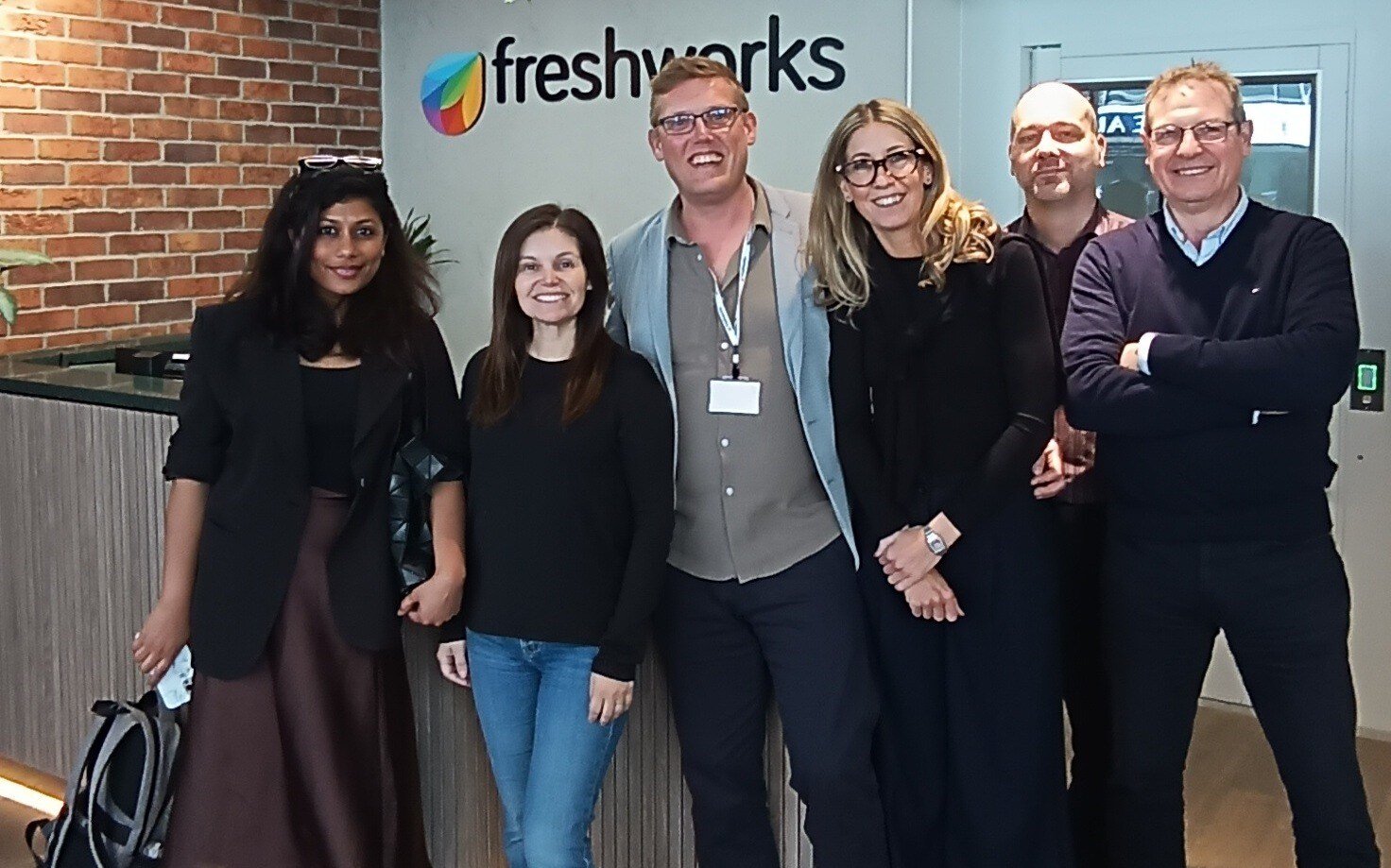
We are pleased to announce our partnership with Freshworks. This collaboration combines Methods' and CoreAzure's digital transformation expertise with...
Add Some Cool Logos




